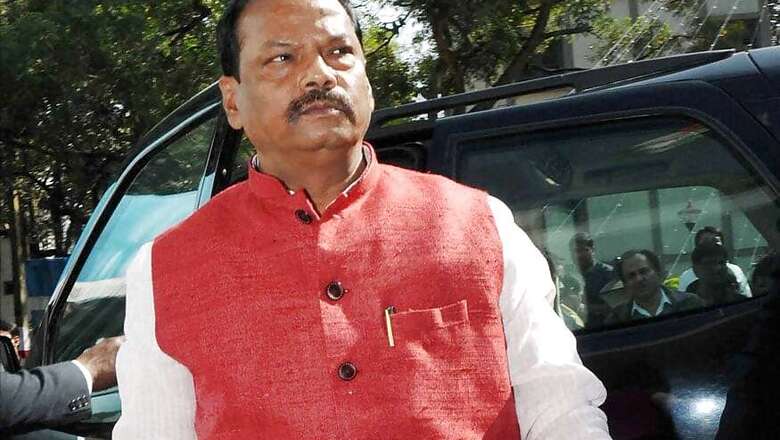
views
Along with Jamshedpur East, where chief minister Raghubar Das is eyeing a re-election, a total of 20 seats will be on the line in the second phase of Jharkhand assembly elections on Saturday. The second phase of the state elections, which is currently underway, is the largest in terms of seats contested in a single phase and could potentially seal the fate of the next state government. The polls are being held in five phases.
Bharatiya Janata Party’s (BJP) Raghubar Das, who is the first Jharkhand Chief Minister to complete a full five-year term, is up against former party colleague and an ex-minister in his own cabinet, Saryu Rai, who is contesting as an independent candidate. The Congress, on the other hand, has fielded party spokesperson Gaurav Vallabh from the constituency.
Apart from Das, several other political heavyweights are in the fray in this phase. These include state BJP president and party candidate from Chakradharpur Laxman Giluwa and assembly speaker Dinesh Oraon, who is a BJP candidate from Sisai. Among cabinet ministers in the outgoing government, fate of Nilkanth Singh Munda and Ram Chandra Sahis, who are contesting from Khunti and Jugsalai, respectively, will be decided in this phase.
A total of 260 candidates are in the fray in the second phase with 44 or 17 per cent of them having declared serious criminal cases in their self-sworn affidavits, according to an analysis by the Association for Democratic Reforms (ADR). A total of 46 candidates are crorepati as well.
Of these 20 seats — Baharagora, Chaibasa, Chakradhar, Ghatsila, Jaganathpur, Jamshedpur East, Jamshedpur West, Jugsalai, Kharsawan, Khunti, Koleibira, Majhganon, Mandar, Manoharpur, Potka, Seraikella, Simdega, Tamar and Torpa — BJP has consistently won eight seats each in all three state elections held in Jharkhand since its formation. The saffron party had a contested vote-share (vote-share on seats contested) of 34 per cent each in 2005 and 2014, whereas it received 29 per cent of the votes in seats contested by it.
The BJP's then alliance partner, the All Jharkhand Students' Union (AJSU) Party, had secured two out of these 20 seats and now that AJSU is contesting separately, it will be all the more important for the BJP to maintain its seat tally in this phase.
The BJP is followed by former chief minister Shibu Soren’s Jharkhand Mukti Morcha (JMM) as the second-most successful party across these 20 seats in terms of seats won over the past three state polls. The JMM had won five seats each in 2005 and 2009, and had improved its performance in 2014 with eight seats. Its contested vote-share ranges from over 35 per cent in 2005 to 20 per cent in 2009, which rose to 26.5 per cent in the previous elections. It should be noted that JMM had only contested on 8 of these 20 seats in 2005 whereas it fielded its candidates on 19 and 20 seats in 2009 and 2014, respectively.
Congress, meanwhile, has remained a small player across the seats going to polls in the second phase. The party had won just two seats each in 2005 and 2009, while it failed to open its account despite contesting on all the 20 seats. Its contested vote-share has gone down from 26 per cent in 2005 to a little less than 12 per cent in the previous election as it contested fewer seats in 2005.
Elections in Jharkhand are underway and will be held over five phases. The results will be declared on December 23.














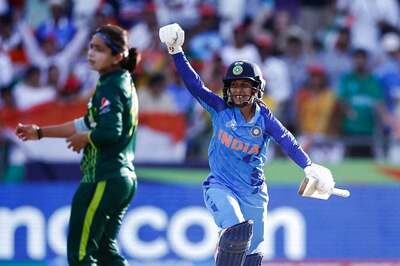
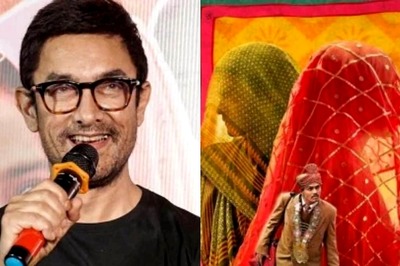
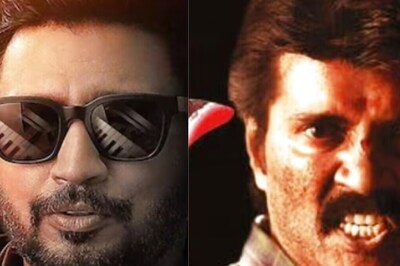


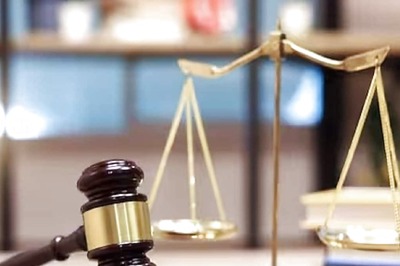
Comments
0 comment